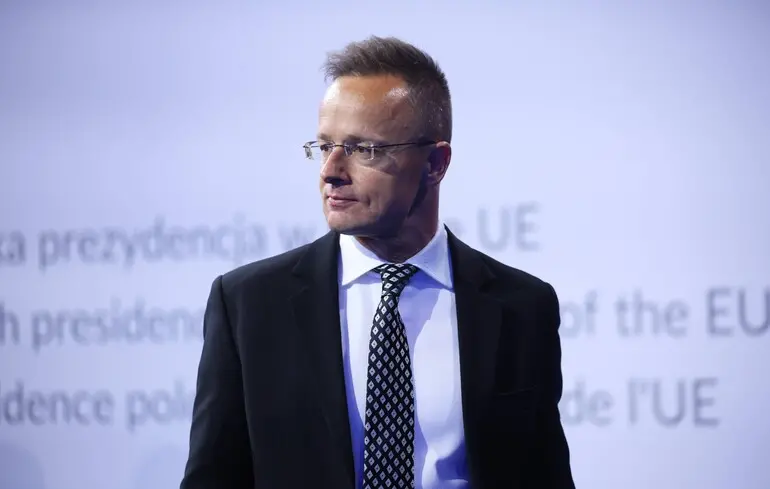Szijjártó Denies Trump’s Pressure to Halt Russian Oil Purchases: Hungary’s Official Position

Hungarian Foreign Minister Péter Szijjártó firmly refuted media reports claiming that former U.S.
President Donald Trump allegedly contacted Budapest to urge the country to cease or significantly reduce its import of Russian oil.
According to him, no such messages or official requests have ever been received by Budapest, and any claims otherwise are false.
The minister emphasized that there is no confirmation in the international diplomatic arena of such an initiative from Trump, and these statements remain unverified.
At the same time, Szijjártó highlighted that within the European Union, there is a stark division over policies regarding trade with Russia in energy resources.
He identified two groups of countries: one that openly opposes Russia and advocates for sanctions, and another that clandestinely continues to purchase oil through Asian intermediaries to circumvent restrictions.
Regarding Ukraine, the minister pointed out that Hungary and Slovakia openly buy Russian oil without concealment.
The current diplomatic tension revolves around policy decisions made by Western nations and their efforts to safeguard national interests amid ongoing sanctions and energy crises.
These developments are actively covered by international media.
Recently, CNN reported that former President Trump urged Europe to stop importing Russian oil and to escalate pressure on China to help end the conflict in Ukraine.
During a telephone call with President Volodymyr Zelensky and European leaders, Trump emphasized the need to strengthen sanctions against Russia and introduce new restrictive measures.
The EU’s sanctions envoy, David O’Sullivan, accompanied by a team of experts, is currently in Washington discussing further measures with U.S.
colleagues.
On Tuesday, Trump publicly announced his readiness to move to a second phase of sanctions against Russia, highlighting ongoing tensions in international relations and the strategic dialogues concerning energy and security policies in the region.

